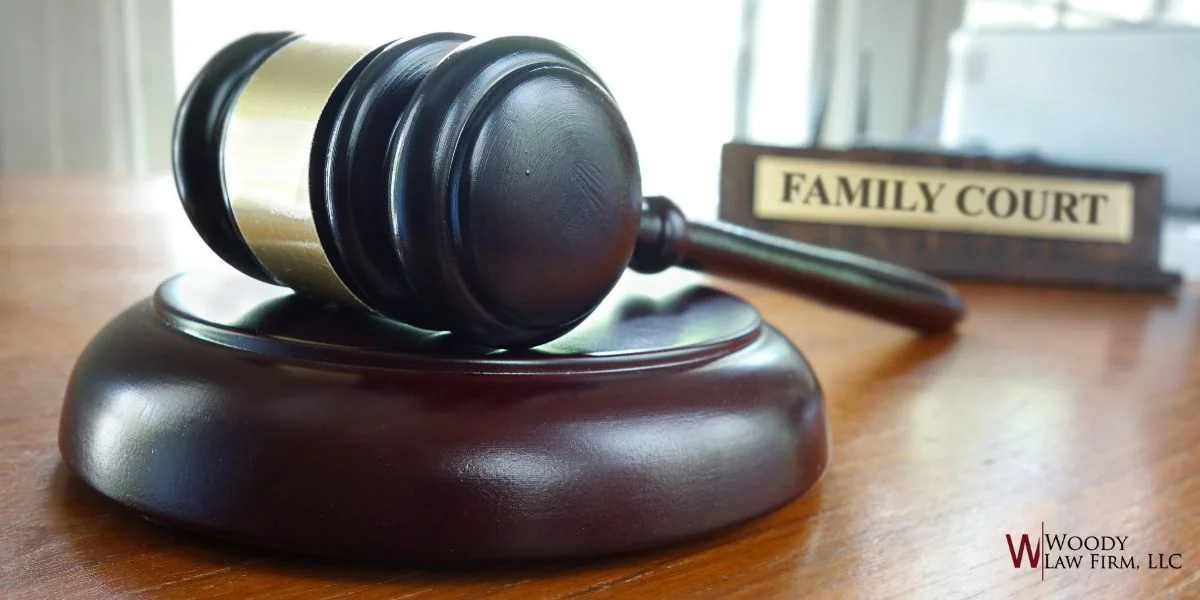Jefferson County Legal Separation Attorney
Jefferson County Legal Separation Lawyer
Colorado recognizes legal separation. Legal separation can achieve many of the same outcomes as a divorce, but without legally ending the marriage or civil union. Deciding to separate from your spouse, however, can be an emotional and stressful decision. An experienced Jefferson County legal separation attorney can help you navigate the process and advocate for your rights.

What Is Legal Separation?
A legal separation will accomplish many of the same purposes as a divorce, but the marriage will not be dissolved. During a legal separation, the couple’s shared property, debt, and assets will be divided. If you have children, it will establish a parenting schedule and the amount of child support to be paid.
A legal separation provides a hybrid status for couples, where they experience some benefits often associated with both marriage and divorce. A legal separation ensures that both parties are protected under the law. However, both spouses must consent to the legal separation.
Why You Need an Experienced Jefferson County Legal Separation Attorney
The family law attorneys at Kinnett & Cordes have years of combined experience assisting clients in navigating the Colorado legal system. We focus exclusively on Colorado family law and can explain the nuances of pursuing and obtaining a legal separation. Even though legal separation does not dissolve a marriage, it covers the same issues that would be covered in a divorce, meaning that you need a knowledgeable family law attorney to represent your interests.
Why Do Partners Pursue a Legal Separation?
The percentage of Jefferson County adults who were divorced (10.9% as of 2021), is slightly below state averages. Although this rate continues to decline, the choice to pursue legal separation remains significant.
A decree of legal separation allows partners to remain technically married, which may be beneficial for preserving health benefit plans, insurance, and other benefits, especially if one partner is employed by the government or military. There may also be tax benefits to remaining legally married.
Some couples may have religious views that do not approve of divorce—a legal separation provides an alternative to divorce, where you can live separate lives with an enforceable court order. Some individuals are concerned about the stigma of divorce. Some couples use a legal separation as a formal period of separation before considering a divorce. Many couples also use this time to attempt a reconciliation.
Does a Legal Separation Take Less Time or Cost Less?
A legal separation will take approximately the same amount of time as a divorce, and the cost is comparable to a traditional divorce. Additionally, the couple will also need to resolve the same issues that would be addressed in a traditional divorce.
The main difference is that with a legal separation, the marriage is not dissolved, but the court processes are almost identical. It is possible for separated spouses to date without fear of violating bigamy laws. However, legally separated spouses must first get a divorce before remarrying.
What Are the Steps Involved in Obtaining a Legal Separation in Colorado?
Legal separation in Colorado involves several court filings and procedural requirements. The following outlines the key steps in the process.
- Meet residency requirements. To start the process for legal separation, at least one of the partners must have lived in Colorado for a minimum of 91 days prior to filing a petition, and children must have lived in the state for at least 182 days (or since their birth). If you are ending a Civil Union, neither party has to live in the state if your Civil Union license was issued in Colorado.
- File the initial paperwork. To start a case, you will need to file in the county where you or your spouse lives. In Jefferson County, the clerk of the court’s office (domestic window) is located on the 1st floor of the Jefferson County Courthouse, 100 Jefferson County Parkway, Golden. You will pay a filing fee of $230.00.You will be required to submit the original Petition, Summons, and Case Information Sheet at this time. These documents can be filed individually or jointly.
- Serve your spouse. If you and your spouse did not file a joint petition, you will need to inform your spouse. You must arrange for your spouse to be formally served with copies of the Petition and Summons. You may not mail the information to your spouse. The Sheriff’s Department, a private process server, or an individual over 18 years of age who is not involved with the case may serve the papers.
- Wait for a response. The respondent will then need to file a Response. This will state whether they agree or disagree with the information included in the Petition. The Respondent will file this document with the court and mail a copy to the other spouse.
- Attend the Initial Status Conference. You and your spouse will be required to attend an Initial Status Conference. A court facilitator or judge will lead this informal meeting, where the next steps will be reviewed. This meeting allows the process of legal separation to progress.
- Complete financial disclosures. Both partners must complete a Sworn Financial Statement and provide a copy to both the court and each other. A Separation Agreement is also required in legal separation cases. This document will cover payment of debt acquired during the marriage, division of property acquired during the marriage, a completed spousal maintenance calculation, and a parenting plan if the couple has children.
- Draft a separation agreement (with mediation, if necessary). Couples will make final decisions around the division of property, child and spousal support, and child custody. These decisions are often negotiated with the help of a mediator.If specific issues cannot be settled between the spouses or with the aid of a mediator, the case may proceed to a contested hearing. Both parties will present their arguments, and a judge will issue orders.
- Finalize the agreement. After all issues have been resolved, a separation agreement will be drafted. Both parties will review, and the court must approve the document. At this point, the judge will issue a Decree of Legal Separation. This document clearly defines the rights and responsibilities of both parties, but does not dissolve the marriage.
Can a Legal Separation Be Converted to a Divorce in Colorado?
In order for a legal separation to be converted to a divorce, you must wait a minimum of 182 days (six months) from the time your legal separation was finalized by the court. You will need to file your documents with the same court that granted your legal separation.
You will need to complete all the applicable Change a Legal Separation to a Divorce forms. You will retain the same identities used in the original application, i.e., Petitioner and Respondent. Again, you will file your paperwork with the clerk of the court and pay a fee of $105.00.
Contact an Experienced Jefferson County Legal Separation Attorney
Understanding the complexities of legal separation in Jefferson County, Colorado can be overwhelming. The family law attorneys at Kinnett & Cordes offer compassionate legal services. The team focuses solely on family law and can provide you with individualized legal counsel. Contact the office to schedule a consultation and find out how our attorneys can help.
Schedule A Consultation
Fields Marked With An “*” Are Required
"*" indicates required fields



